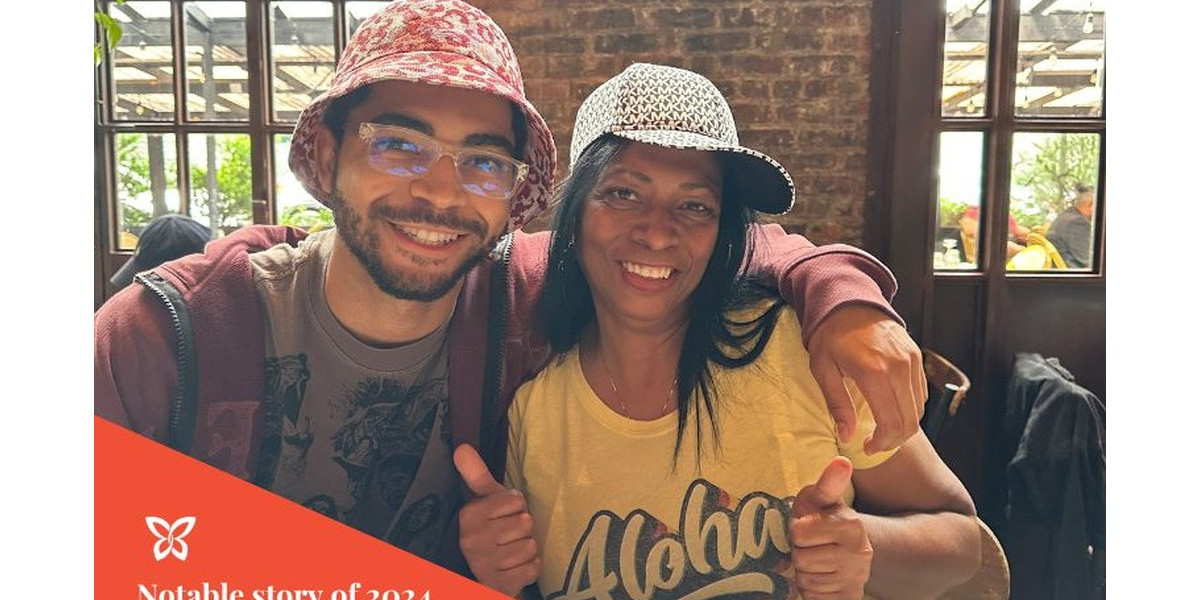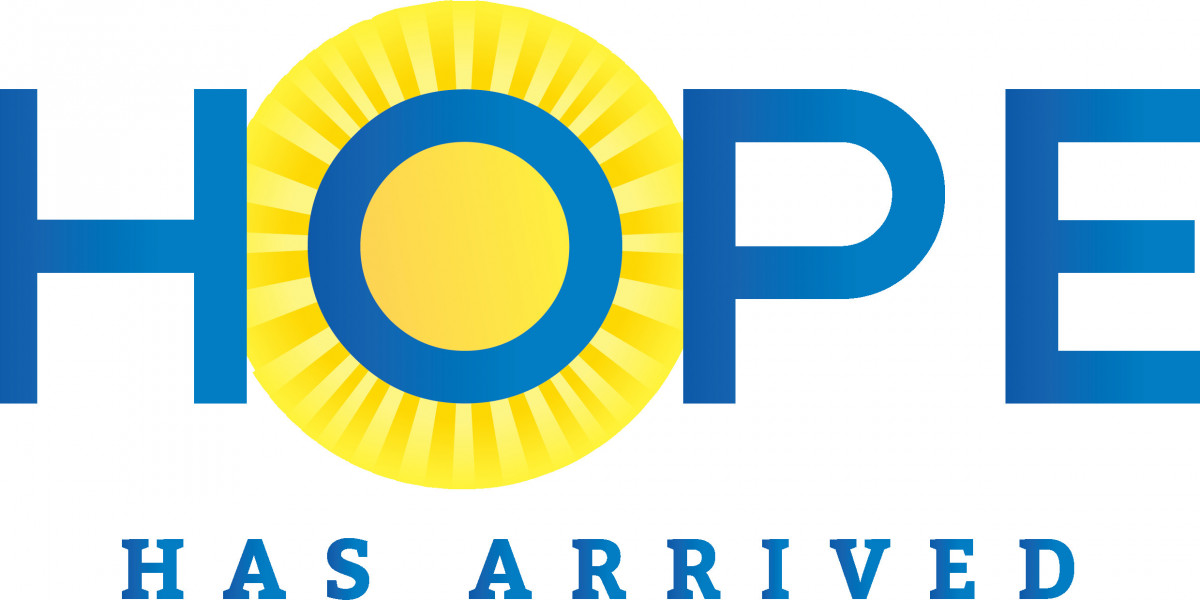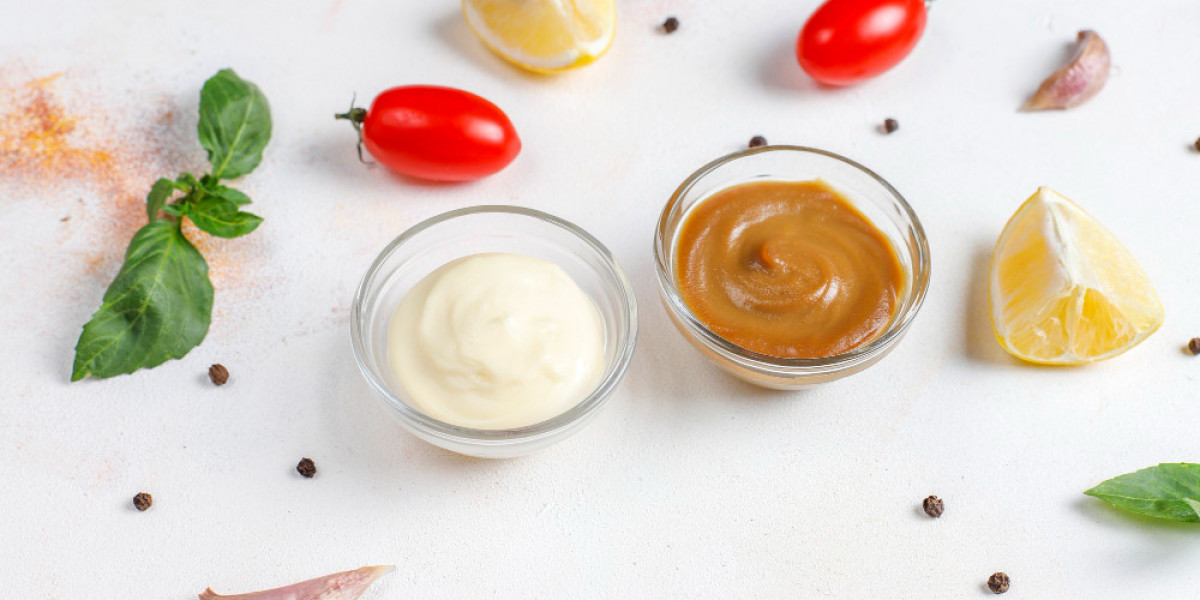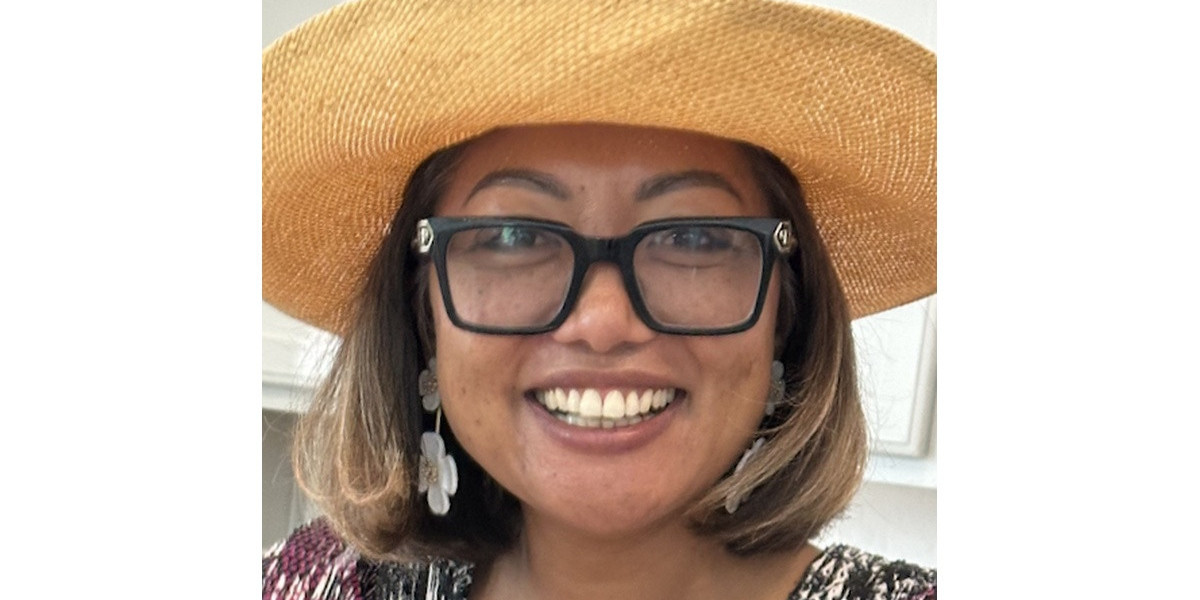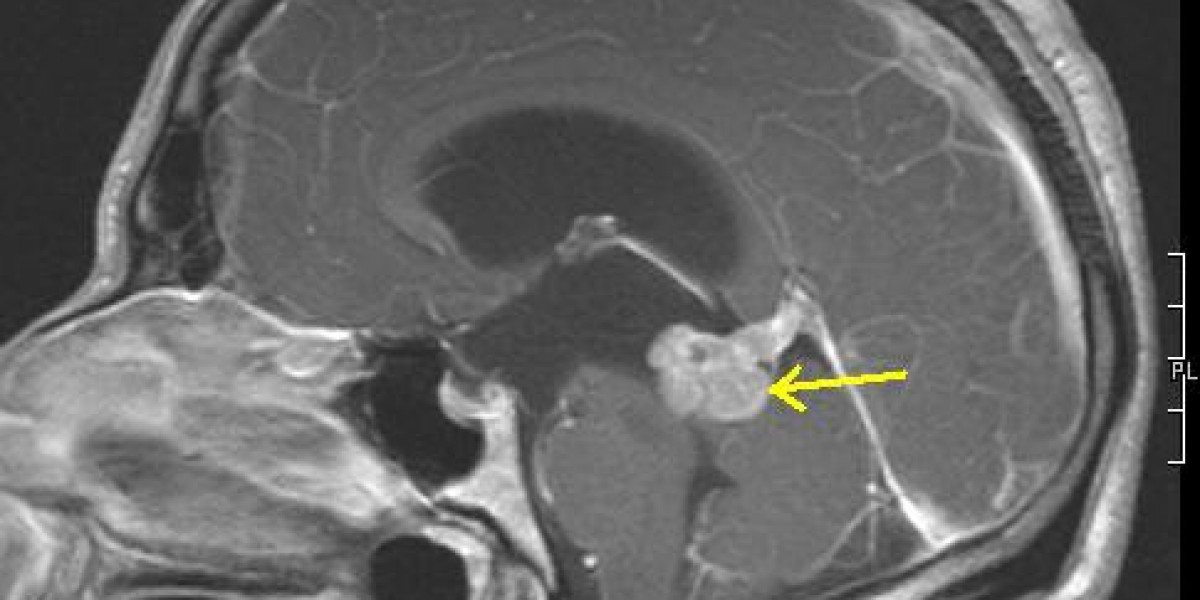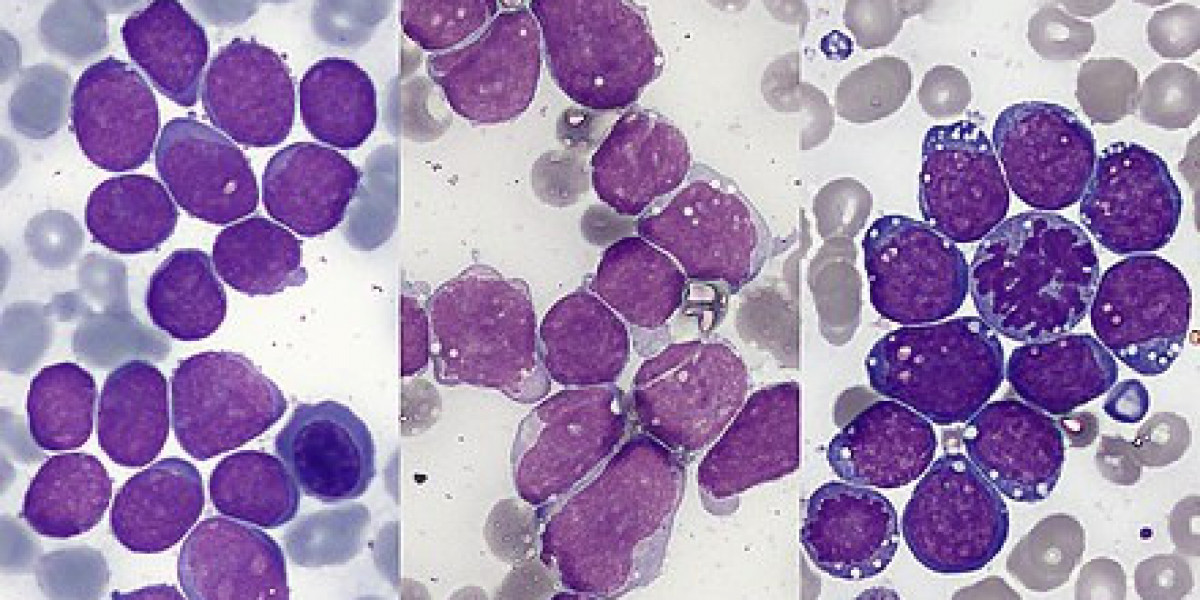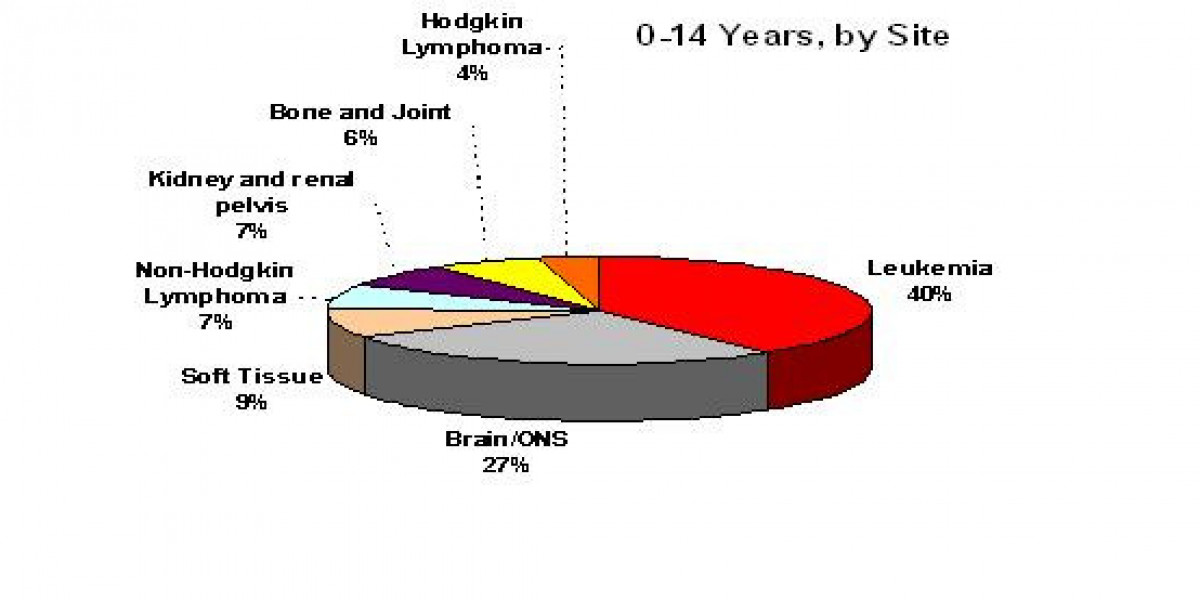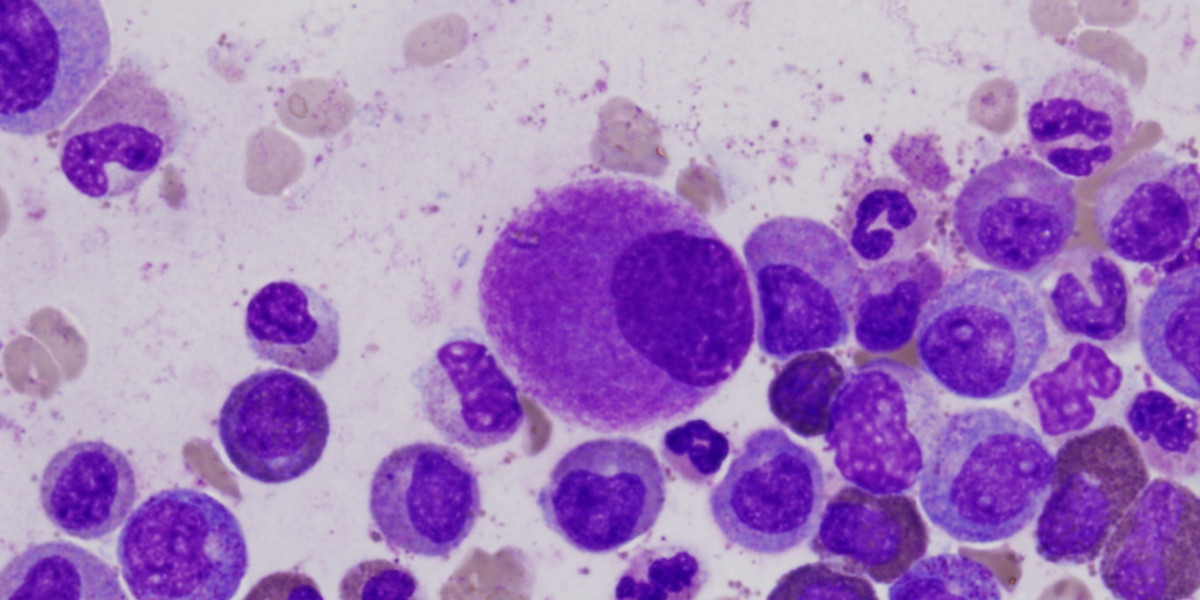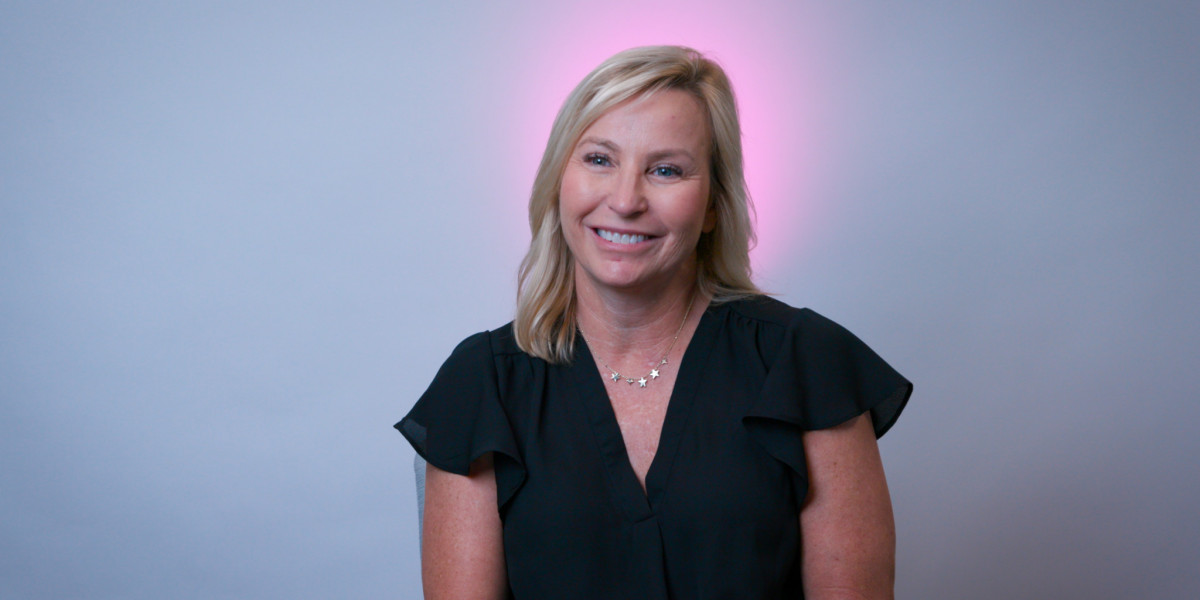Blogs>Silence broken: The power of sharing a breast cancer diagnosis
Kimberley Robinson reveals how open communication becomes a source of strength, transformation, and family unity.
There are some voices that you would never forget. Though it’s been 23 years since I heard my mother’s, I still remember.
The last time I spoke to my mom, she was reminding me to start my Christmas shopping for my kids. She said, "We can go tomorrow," but tomorrow never came. My mom suddenly passed away the next day at the age of fifty-five, having never revealed her illness to anyone in the family. Living with my younger brother and single, my mom always used to say she never wanted to be a burden to anyone.
My mother’s doctor told us she passed from heart disease, aconditionshe had kept secret for quite some time. At that time, I was not only full of grief, sadness, and a broken heart, but I was also angry and mad that she never revealed her health information to the family. If I had known about her illness, I would have taken on the responsibility of her health care, spoken with her doctor, and involved other family members eager to help with her specific needs.
The dynamics of our mother-daughter relationship could have evolved, quietly growing closer. I understand she might have initially resisted and pulled away, but I believe I could have convinced her it was for her best and those who loved her. But, there were no second chances.
Since then, I made a promise to myself that I would never withhold any health information from my three children, no matter how hard or tough the news may be for them.
Fast forward to May 2023, life was good. Settling into a new chapter with grown kids, enjoying the laughter of grandkids, and relishing a beautiful relationship with my significant other. Then came another voice I will never forget. I was alone in my car, getting ready to go grocery shopping, and my phone rang; this time, it was theradiologist. He had the results from mymammogram. He said, “Ms. Robinson, you have breast cancer.” Instantly, tears rolled down my face like a waterfall, and after that, I heard nothing. Everything went black. I don’t remember hearing any other words from him; I just hung up the phone.
“Noooo! What is happening now?” I started crying, screaming, uncontrollably shaking in my car—all alone. People walking by were looking at me, but I didn’t care. My only thoughts were, “It’s not fair; I get tested every year!” Shortly after, my doctor called, apologizing for not having the opportunity to talk to me first. She tried to calm me down, but I could not stop crying. She said she would schedule an appointment for the next steps.
Right afterward, I called my sisters and my partner to share the bad news. I was still crying and screaming on the phone about my bad news. They tried to calm me down, wanting to send a driver to come and pick me up, but I told them no; I would just sit in my car for a while alone. That day I never did my grocery shopping. I eventually drove myself home.
My family is so very important to me, and now it was my voice sharing with them. I decided to round up my children on a call to deliver the bad news—Mom has breast cancer. So I did. However, this time, the voices I heard were, “Are you kidding me?” followed by a big sigh and an eerie silence. I knew they were all devastated, but I promised them I would keep them informed every step of the way of my breast cancer journey.
I was diagnosed withstageIIductal carcinoma in situ,estrogen receptor-positivebreast cancer, and I have decided to have a doublemastectomyto reduce the risk ofrecurrencebecause I also suffer fromanxietyanddepression. Currently, I am in the first phase ofchemotherapy, which is very overwhelming. The second phase will start in March 2024. Fortunately, noradiationis required, but 16 rounds of chemotherapy in two phases and a year ofimmunotherapyare on the horizon.
During this process, I discovered that one of my younger sisters had breast cancer in her 30s (now 57) and chose not to share her news with the family, just like my mom. She had radiation and is now living a cancer-free life.
Despite it all, I feel so much closer to my family than ever, and I don’t feel ashamed or guilty for my illness. I feel free to talk about my breast cancer journey and the experiences I am going through. My family and significant other have been unwavering in their support from the beginning. One sister even took a leave of absence, traveled, and stayed with me to assist my significant other in my care. Together, they provided love, propernutrition, medication management, and physical care. Other family members helped, too, accompanying me to appointments, running errands, and offering the love and support I needed through the pain and suffering. Their seamless presence allowed me to focus on the one thing that mattered: “Recovery.” Not once did they ever make me feel like a burden. I only wish I had the chance to comfort my mom the same way during her illness.
The best lesson I’ve learned is when you share your health information with your family and people that love you—you will find joy, comfort, support, and the dynamic of the family shining. For me, I would not have it any other way—silence is not always golden.
DISCLAIMER:
The views and opinions of our bloggers represent the views and opinions of the bloggers alone and not those of Living Beyond Breast Cancer. Also understand that Living Beyond Breast Cancer does not medically review any information or content contained on, or distributed through, its blog and therefore does not endorse the accuracy or reliability of any such information or content. Through our blog, we merely seek to give individuals creative freedom to tell their stories. It is not a substitute for professional counseling or medical advice.
Circulating tumor cell (CTC) tests
Circulating tumor cell (CTC) tests can help monitor whether treatment is working or if breast cancer has metastasized.
Mastectomy
Mastectomy is surgery that removes all of the tissue from the breast to treat breast cancer. It can be done on one or both breasts to remove breast cancer, or to lower the risk of developing breast cancer.
Lumpectomy
Lumpectomy surgery is a breast-conserving treatment that removes cancer while allowing you to keep some or most of your natural breast tissue.
Surgery
Almost everyone diagnosed with breast cancer has some surgery. Surgery is a local therapy: a treatment that’s focused on a specific part of the body.
Breast reconstruction
Breast reconstruction is the surgical process of rebuilding the breast during or after mastectomy or lumpectomy surgery. It involves using tissue, implants, or a combination of both to achieve a more natural-looking breast.
Recovering from surgery
Everyone recovers in their own time. The type of surgery you have can affect your recovery time, and your experience may differ even from others who had the same surgery.
In treatment
This section explores different treatment options and their side effects, as well as the impact of treatment on your emotional health. Learn more here.
Targeted therapy for hormone receptor-positive breast cancer
Targeted therapies are treatments that target specific proteins or markers on or within cancer cells that help cancer cells grow. There are many different kinds of targeted therapy, including CDK 4/6 inhibitors.
Trastuzumab deruxtecan
Trastuzumab deruxtecan (Enhertu or T-DXd) is an antibody-drug conjugate that treats HER2-positive, HER2-low, or HER2-ultralow breast cancer that cannot be removed surgically or that has spread to another part of the body.
Dealing with negative comments
Get tips on how to manage people who have opinions about your breast cancer treatment.
Sign up to receive emotional support, medical insight, personal stories, and more, delivered to your inbox weekly.
We'll send support straight to your inbox.
Kimberley Robinson
Tagged:
Was this page helpful?
Living Beyond Breast Cancer is a national nonprofit organization that seeks to create a world that understands there is more than one way to have breast cancer. To fulfill its mission of providing trusted information and a community of support to those impacted by the disease, Living Beyond Breast Cancer offers on-demand emotional, practical, and evidence-based content. For over 30 years, the organization has remained committed to creating a culture of acceptance — where sharing the diversity of the lived experience of breast cancer fosters self-advocacy and hope. For more information,learn more about our programs and services.
Living Beyond Breast Cancer
40 Monument Road, Suite 104
Bala Cynwyd, PA 19004
©2025 Living Beyond Breast Cancer
Originally published on The Patient Story: https://www.lbbc.org/blog/the-power-of-sharing-a-breast-cancer-diagnosis
